Cancer in everyone – from infants to the elderly – is complicated. However, cancer in adolescents and young adults (AYA) presents a particularly unique set of challenges.
This group, defined as 15-39 year olds, accounts for about five percent of cancer diagnoses in the United States. For perspective, this is six times the number of cancers diagnosed in children ages 14 and younger.
Great strides have been made for cancers occurring in children. The 5-year relative survival rate for all childhood cancers combined now exceeds 80%. That is great news for kids – but where does this leave AYAs with cancer?
AYA cancer patients have not experienced quite the same rate of improvement. And they fare worse than children with these same types of cancers: leukemias, sarcomas and some brain tumors.
So why is cancer in adolescents and young adults so challenging? Here is what we know:
3 Challenges of Cancer Therapy in Adolescents and Young Adults
1. The biology of AYA cancer is different
The makeup of an AYA cancer is often different from the same tumor type diagnosed in a child. AYA cancers are often more complex genomically (how all of your genes work together). They may also have unique features not found as often in pediatric patients. We believe this complexity may lead to treatment resistance. It may also be at least partially responsible for the poor outcomes in AYAs. Because of this, our researchers are studying the biology differences that distinguish AYA cancers from younger patients. Ultimately, we aim to understand how tumor biology affects response to therapy. We also plan to develop new strategies to overcome these obstacles.
2. AYAs handle treatment differently
AYAs process chemotherapy and other anti-cancer agents differently than children. This may affect their tolerability and potentially the effectiveness of the therapy. Our researchers are looking at data to help identify unique toxicities of AYA cancer treatment. A better understanding of body composition, hormones, and organ function is a critical step in optimizing therapy and managing side effects among AYAs.
3. AYAs have a different set of unique needs while dealing with cancer treatment
AYAs with pediatric cancers should receive treatment and psychosocial support from a care team with expertise in treating them. Here’s why:
Young adults with cancer face a unique set of challenges. They are figuring out who they are and what is important to them. They may be furthering their education, embarking on careers, developing friendships and romantic relationships. Some may even be beginning families. Because they are managing so much, we have found that many struggle to follow all of their treatment recommendations. The AYAs who have difficulty following treatment recommendations may also have sub-optimal outcomes. Because of this, our researchers are leading studies to understand how we can support them and make it easier to adhere to their treatment recommendations. This is also why we created a Patient and Family Wellness Center. It includes experts in psychosocial care who are trained to help address the unique psychosocial needs of AYAs.
Improving Outcomes with a Dedicated Adolescent and Young Adult Center
Cancer in AYAs is challenging for many reasons. We believe that their outcomes can improve by ensuring they receive care in a dedicated young adult center experienced in caring for their unique set of needs. We have dedicated inpatient and outpatient space, fertility preservation options, as well as age-appropriate support from our Patient and Family Wellness Center, to help address them.
To learn more about our AYA cancer program, please visit our webpage.

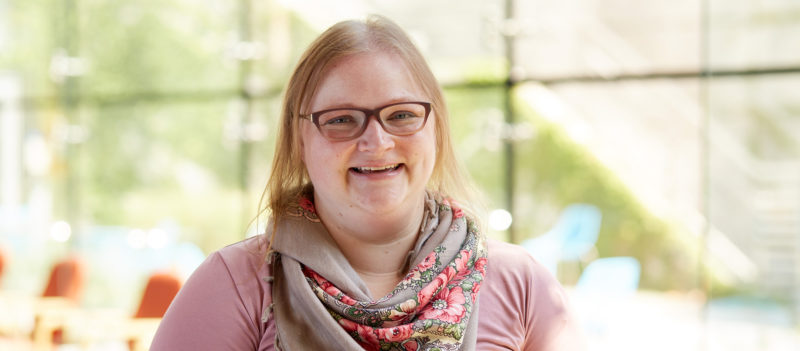
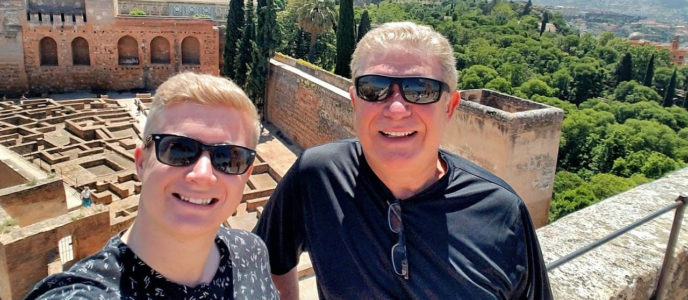
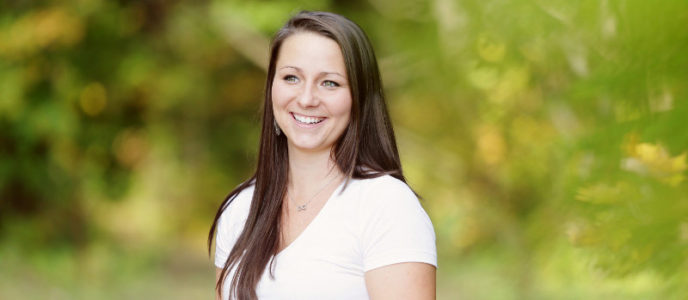
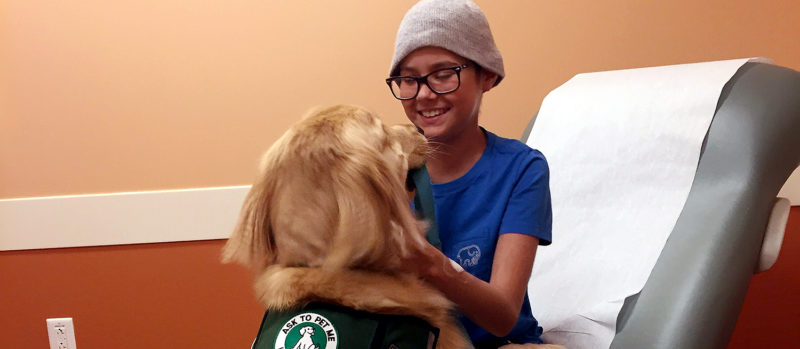
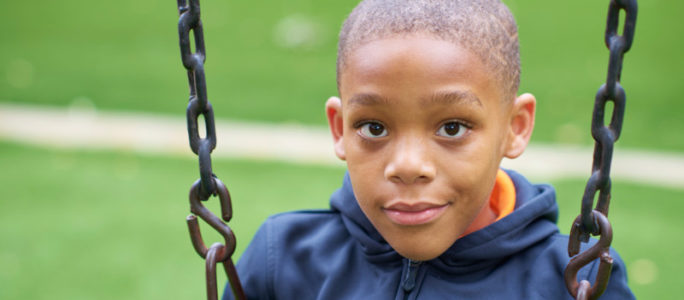
My daughter was diagnosed with stage 3 T cell non lymphoblastic non Hodgkin’s lymphoma at age 10. She was treated in a clinical trial at St. Louis children’s hospital and the cancer was stopped. She is 16 and is now experiencing signs of what looks like cancer brain. I’m wondering what treatments are suggested to help her. Her symptoms are difficulty focusing and remembering. She is transposing letters when typing, and expresses that she feels there’s “too much noise” for her to focus. She is very scared and upset. We had the psychological and learning testing done last fall and they said she was ok. The issues have started in the past 2 months. I’ve not found the late effects people at children’s to be very helpful and I’m trying to find ways to help my child deal with the issues so she can maybe ok. Can you direct me to sources to help her? Thank you.